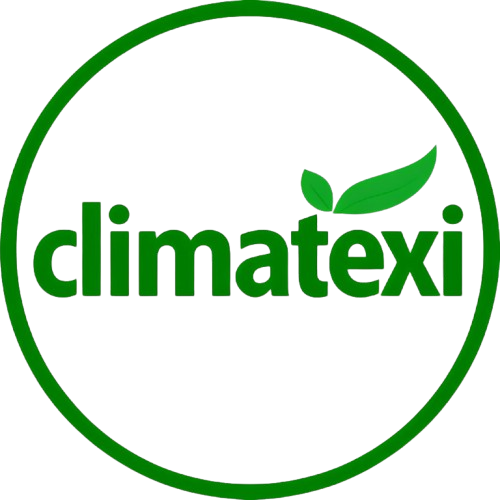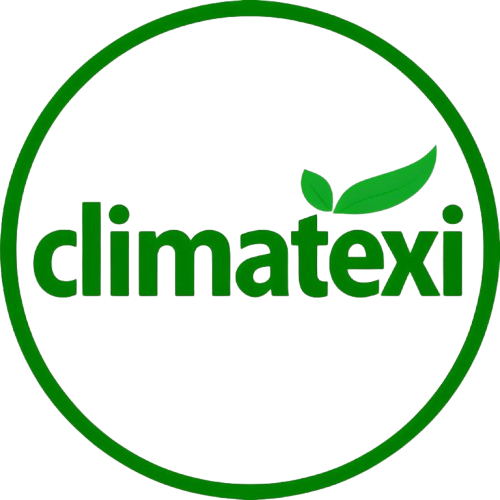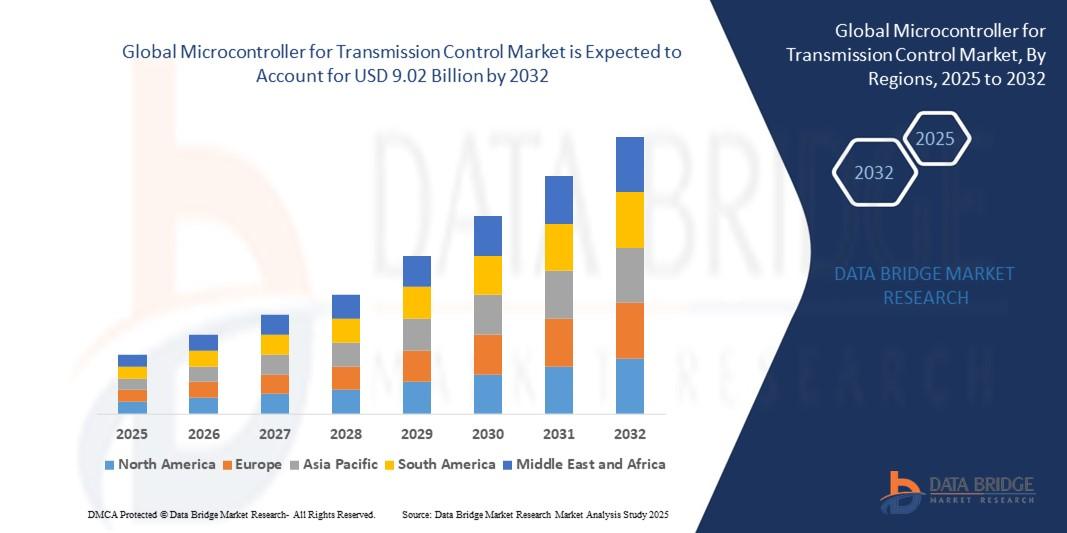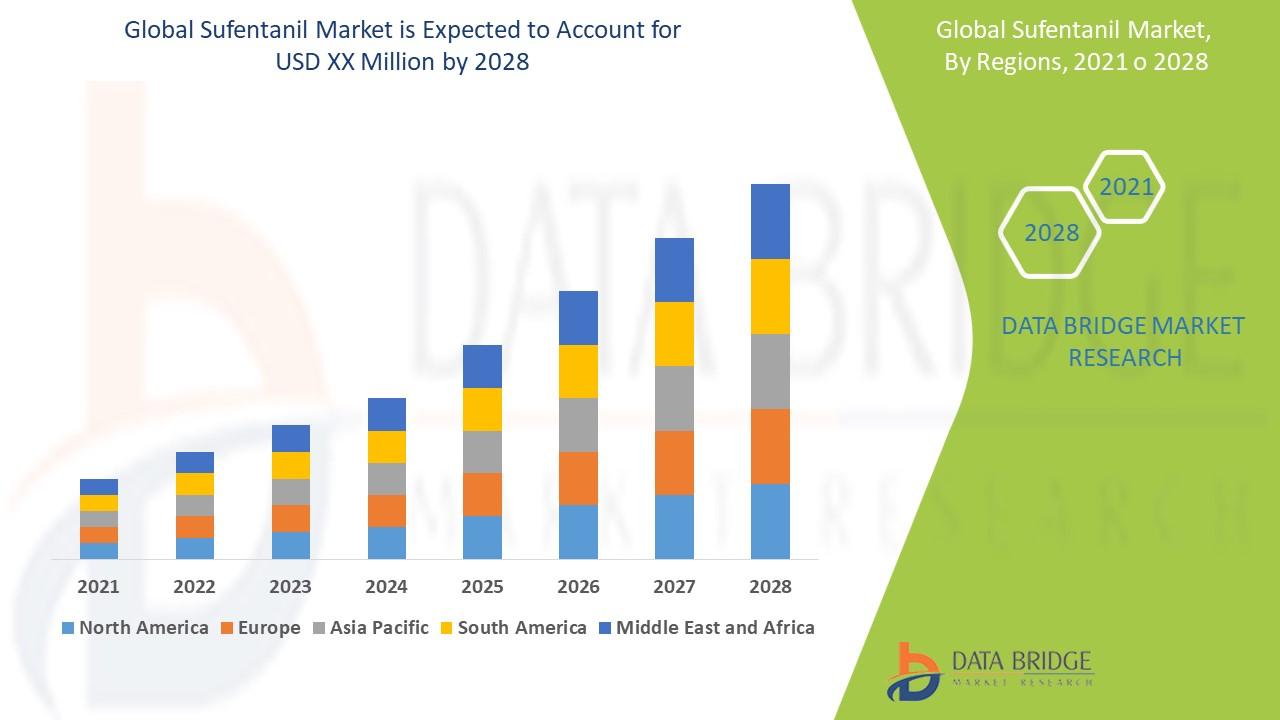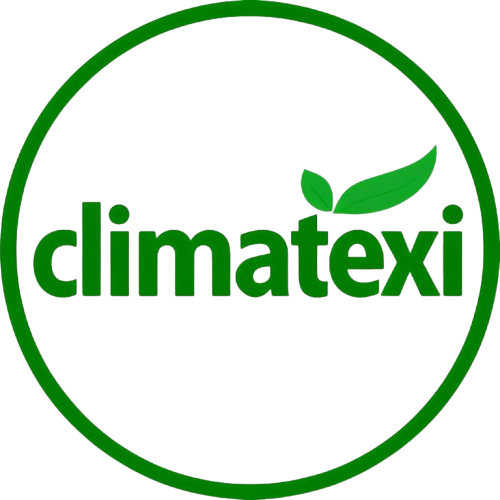Indonesia Process Analyzer Market: Driving Efficiency in Industrial Processes
Introduction
The industrial sector in Indonesia has witnessed significant growth over the past decade, fueled by increased manufacturing activities, rapid urbanization, and the adoption of advanced technologies. One technology gaining widespread attention is the process analyzer, a critical tool used in monitoring, controlling, and optimizing industrial processes. Process analyzers are instrumental in improving efficiency, reducing operational costs, and ensuring compliance with environmental and safety standards. In Indonesia, the market for process analyzers is poised for substantial growth as industries increasingly seek solutions for real-time monitoring and precision control.
Market Overview
The Indonesia process analyzer market has shown steady expansion, driven by the rising demand across sectors such as oil and gas, chemicals, pharmaceuticals, and food and beverages. Process analyzers are used to measure key parameters such as pH levels, moisture content, chemical composition, gas concentration, and other critical process variables. Their ability to provide real-time data allows operators to make informed decisions, thereby minimizing downtime, improving product quality, and optimizing resource utilization. As Indonesia continues to industrialize, the need for sophisticated process monitoring systems becomes more pressing, further driving the adoption of advanced analyzers.
Key Drivers of Market Growth
Several factors contribute to the growth of the process analyzer market in Indonesia. First, increasing industrial automation and the adoption of Industry 4.0 technologies are prompting companies to integrate real-time monitoring solutions into their production processes. Process analyzers play a pivotal role in this transition, offering accurate data collection and analysis that supports automated control systems. Second, stringent environmental regulations in Indonesia are compelling industries to monitor emissions and chemical usage more closely. Process analyzers enable companies to comply with these regulations by providing precise measurement of pollutants and ensuring that waste management processes are effective. Additionally, the need to enhance operational efficiency and reduce energy consumption is pushing industries to invest in advanced analyzers that can optimize process performance.
Market Segmentation
The Indonesia process analyzer market can be segmented based on product type, end-user industry, and technology. Product types include online analyzers, portable analyzers, and laboratory analyzers. Online analyzers are gaining popularity due to their continuous monitoring capabilities, which allow for real-time process adjustments and minimize the risk of errors. Portable analyzers offer flexibility for field measurements and maintenance checks, while laboratory analyzers are used for detailed and accurate testing in controlled environments.
From an industry perspective, oil and gas remain the largest end-users of process analyzers in Indonesia, given the country’s status as a significant producer of crude oil and natural gas. The chemical and pharmaceutical sectors are also key consumers, as precise process control is critical for maintaining product quality and safety. The food and beverage industry relies on analyzers for monitoring parameters such as moisture, sugar content, and acidity, ensuring consistency and compliance with health standards.
Technologically, process analyzers employ techniques such as spectroscopy, chromatography, electrochemical analysis, and thermal analysis. The selection of technology depends on the specific requirements of the process, including the type of material being analyzed, the desired accuracy, and the speed of measurement. Advancements in sensor technology, data analytics, and IoT integration have enhanced the performance and reliability of process analyzers, further boosting their adoption in Indonesia.
Regional Insights
Indonesia’s industrial hubs, including Java, Sumatra, and Kalimantan, are witnessing increased adoption of process analyzers. Java, as the most industrialized island, has the highest concentration of manufacturing facilities, making it a key market for process analyzers. Sumatra, with its oil, gas, and chemical production facilities, is also a significant contributor to market demand. The government’s initiatives to promote industrialization in eastern regions of Indonesia are expected to create new growth opportunities for analyzer manufacturers.
Competitive Landscape
The Indonesia process analyzer market is competitive, with both domestic and international players vying for market share. Companies are focusing on product innovation, strategic partnerships, and customer support services to strengthen their market position. International manufacturers bring advanced technology and high precision analyzers, while local players leverage cost-effective solutions and strong distribution networks. Collaborations between analyzer manufacturers and industrial solution providers are also becoming common, as integrated offerings simplify procurement and maintenance for end-users.
Opportunities and Challenges
The process analyzer market in Indonesia offers substantial opportunities, particularly in sectors where precision and process optimization are critical. The increasing shift towards digitalization and smart factories provides scope for analyzers integrated with IoT and cloud-based platforms. Additionally, rising investments in renewable energy and environmental monitoring create new avenues for analyzer applications.
However, the market also faces challenges. High initial costs of advanced analyzers can deter small and medium enterprises from adoption. Additionally, the need for skilled personnel to operate and maintain analyzers may slow down market penetration. Addressing these challenges through training programs, affordable solutions, and service support will be key for market growth.
Future Outlook
The future of the Indonesia process analyzer market looks promising, driven by industrial growth, technological advancements, and increasing regulatory compliance requirements. As industries seek to optimize production processes, reduce operational costs, and ensure sustainability, process analyzers will continue to play a crucial role. Innovations in sensor technology, data analytics, and AI integration are expected to enhance analyzer capabilities, providing more accurate and actionable insights. With government support for industrial modernization and ongoing foreign investments, the market is poised for steady growth in the coming years.
Conclusion
The Indonesia process analyzer market is on a trajectory of significant growth, fueled by the country’s industrial expansion and the adoption of advanced process monitoring solutions. With applications across diverse industries such as oil and gas, chemicals, pharmaceuticals, and food and beverages, process analyzers are increasingly recognized as essential tools for operational efficiency and regulatory compliance. Despite challenges such as high initial costs and the need for skilled operators, the market offers ample opportunities for growth and innovation. As Indonesia moves towards greater industrialization and technological adoption, the process analyzer market is expected to witness sustained demand, providing a positive outlook for manufacturers and end-users alike.
